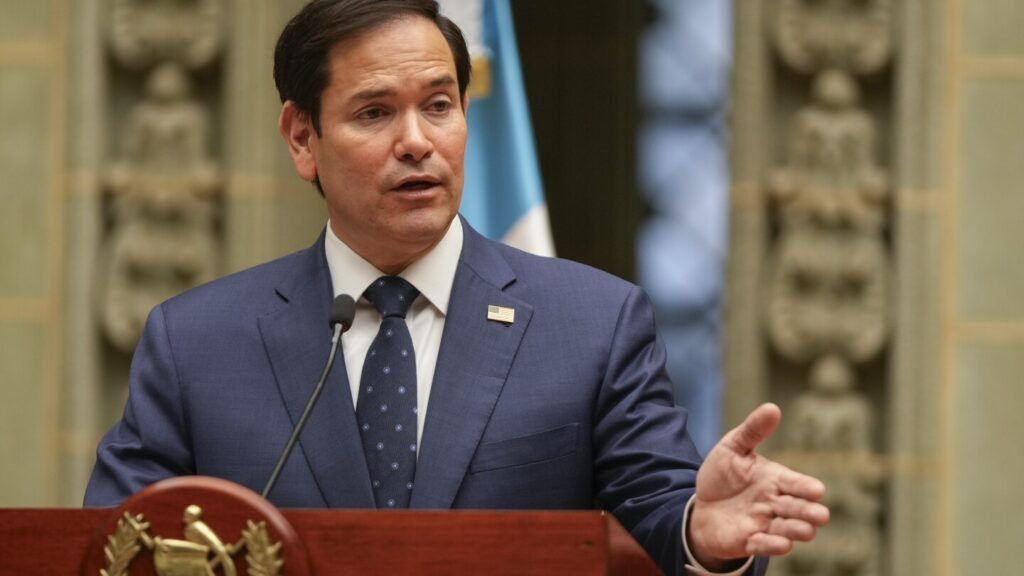President Donald Trump’s recent proposal to permanently resettle Palestinians from Gaza has sparked controversy and pushback from American allies and Republican lawmakers. Secretary of State Marco Rubio and White House press secretary Karoline Leavitt clarified that the intention was to temporarily relocate Gazans for reconstruction, not permanent resettlement. Despite this, the proposal has faced criticism from Palestinians and Arab nations.
Rubio described Trump’s plan as a generous offer to assist with debris removal and reconstruction in Gaza, emphasizing the need for temporary relocation during the rebuilding process. Leavitt highlighted the dire living conditions in Gaza, supporting the idea of temporary relocation for humanitarian reasons.
However, Trump’s vision of long-term U.S. ownership of Gaza’s redevelopment and the potential deployment of American troops have raised concerns among allies and lawmakers. Defense Secretary Pete Hegseth mentioned exploring all options for Gaza’s reconstruction during a meeting with Israeli Prime Minister Benjamin Netanyahu.
Criticism of Trump’s proposal has come from various quarters, including Saudi Arabia, which stressed its commitment to an independent Palestinian state. Even Senator Lindsey Graham, a Trump ally, expressed reservations, calling the idea “problematic.”
The rejection of temporary relocation from Gaza conflicts with longstanding U.S. policy advocating for a Palestinian state without further displacement. The proposal also complicates ongoing negotiations by the Biden administration for the post-conflict governance of Gaza.
In summary, Trump’s proposal for Gaza’s reconstruction has stirred debate and concerns about its implications for regional stability and the peace process. The differing perspectives and reactions underscore the complexities of addressing the humanitarian and political challenges in the region.

